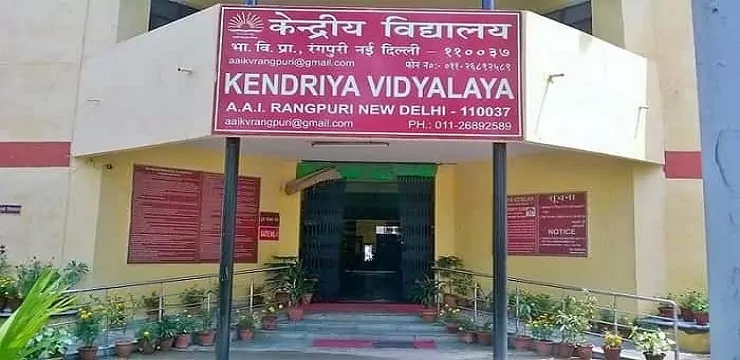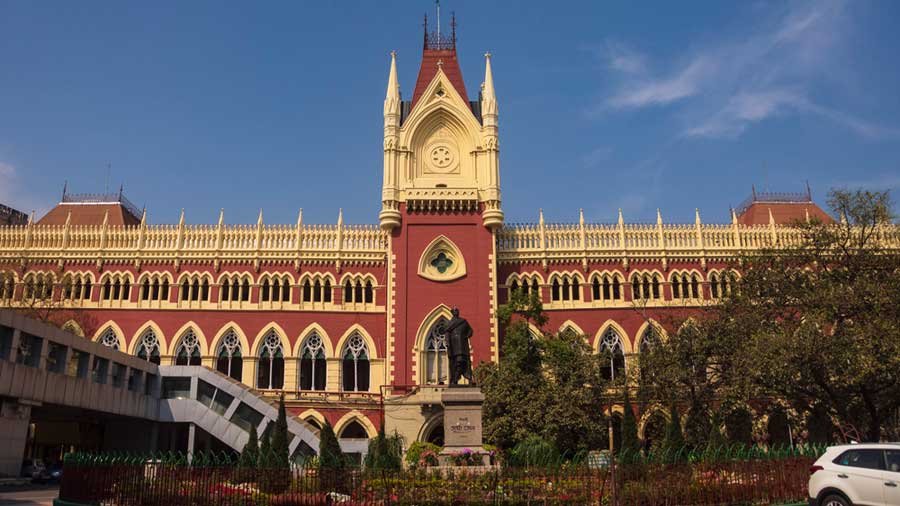The Court made the observations while reserving its decision on a petition filed by National Association of the Deaf (NAD), and a related suo motu public interest litigation on the issue.
On Friday, the Delhi High Court raised concerns about the Kendriya Vidyalaya Sangathan (KVS) for excluding individuals with hearing impairments from the teaching job reservation. The bench, comprising Chief Justice Satish Chandra Sharma and Justice Sanjeev Narula, noted that KVS had overlooked both the law and the recent Central government notification from December 2022 when advertising teaching positions.
The court expressed surprise at KVS’s stance, with Justice Sharma stating, “I fail to comprehend why we are being adversarial towards these individuals. I never expected Kendriya Vidyalayas to act in this manner. I am disheartened by the Kendriya Vidyalaya Sangathan.”
Chief Justice Sharma emphasized his personal connection to the matter as he attended a Kendriya Vidyalaya, saying, “A decision against Kendriya Vidyalaya Sangathan holds great significance for me. It is important to me because I am an alumnus of the Kendriya Vidyalaya Sangathan.”
The National Association of the Deaf (NAD) filed a petition against the advertisement, and these comments were made while the court postponed judgment in a related suo moto public interest case.
Upon learning that recruitment had proceeded based on the advertisement, the court declared its intent to instruct KVS to address the backlog of disabled applicants. The court said, “We will direct them to release a new advertisement for the pending vacancies.”
KVS explained that its internal committee recommended against hiring a specific group of disabled individuals for teaching positions. However, the court asserted that KVS lacked the authority to make such a decision since the Center had not exempted them from applying the disability quota. The court stated, “You cannot act as you wish. You have no authority to judge them. The Ministry of Social Justice and Empowerment is responsible for designating positions, not you.”
The court also pointed out that KVS had followed an “internal committee” which contradicted the provisions of the 2016 Rights of Persons with Disabilities (RPwD) Act and the Central government’s notification. KVS’s argument that a certain person was not suitable for a particular role was rejected by the court, which reiterated, “You lack the authority to make such determinations.”
During the hearing, Justice Sharma suggested that KVS use a different term for “blind” in its advertisements. Advocate Sanchita Ain, representing the petitioner organization, contended that terms like “differently abled” and “specially abled” were not preferred by the community.
When Justice Sharma proposed “specially-abled,” Ain expressed that it was considered condescending. She explained that deaf individuals self-identify as “deaf” because it accurately describes their experience, adding, “Being unable to hear does not mean we cannot communicate; we communicate and express ourselves through sign language. In order for us to understand, the content should be presented in sign language, which we comprehend.” Justice Sharma responded, “This is the first time I’ve heard this.”



